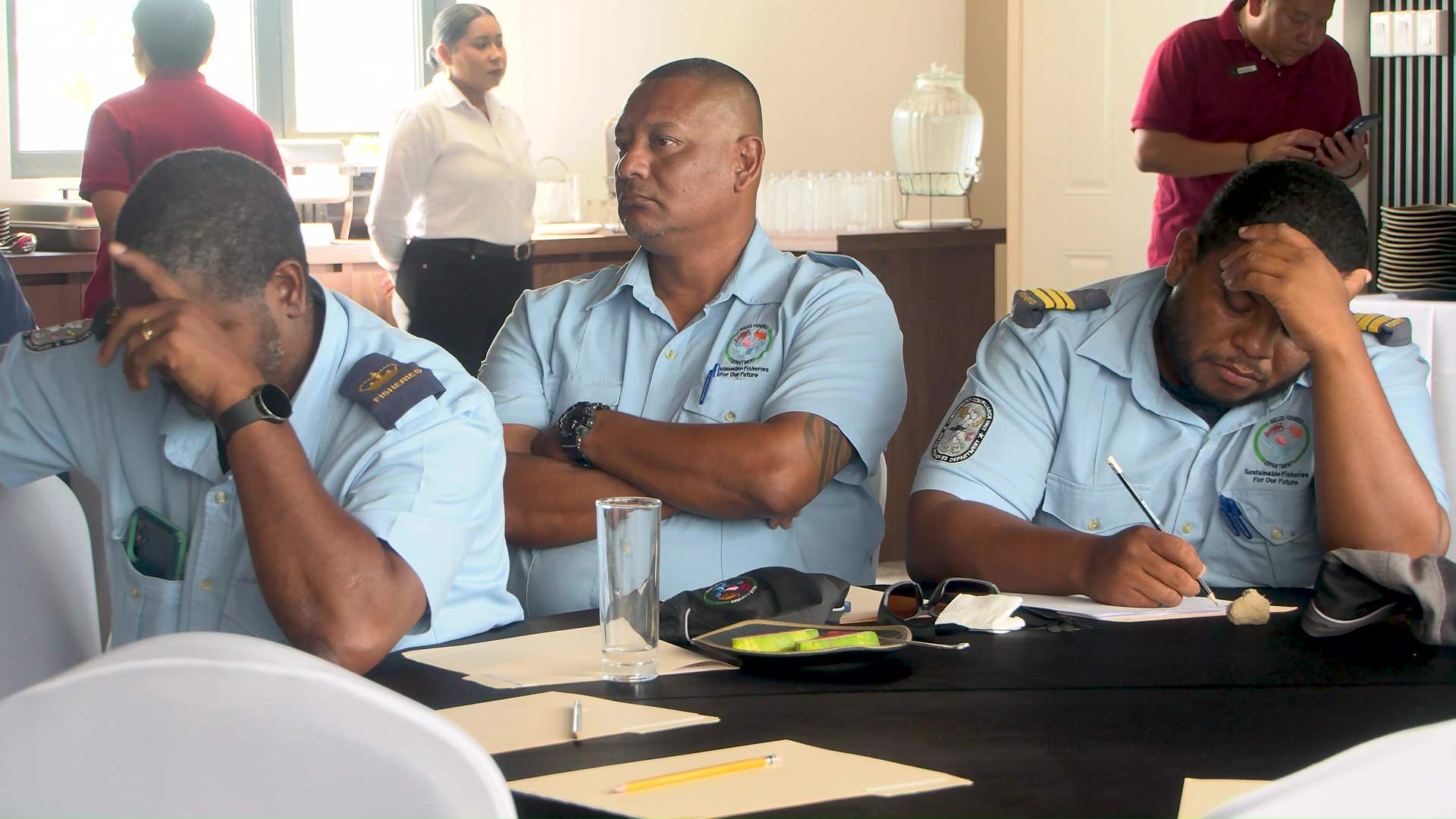Belize is taking decisive steps to protect its marine ecosystems by leveraging scientific research to ensure the sustainability of its fisheries. Recognizing the critical role of healthy fisheries in food security, cultural heritage, employment, and the blue economy, the Ministry of Blue Economy and Marine Conservation recently collaborated with the Fisheries Department to host a technical workshop. Led by renowned marine scientist Dr. Kendra Karr, the workshop analyzed decades of data, dating back to 1977, on Belize’s most valuable marine species: lobster, conch, and finfish. The initiative aims to develop updated fisheries management plans that balance ecological health with economic viability. The event brought together fishers, researchers, and government officials to ensure that decisions are informed by both scientific evidence and local expertise. Rigoberto Quintana, Fisheries Administrator, emphasized the importance of updating outdated management plans, particularly for lobster and conch, which have not been revised since 2014. Valdemar Andrade, Executive Director of T.A.S.A., highlighted the economic significance of species like conch and lobster, which contribute 25-30% of the national catch from the Turneffe Atoll. Belize’s commitment to sustainable fisheries underscores the need for cross-sector collaboration, transparency, and data-driven decision-making. As the nation advances its Blue Economy vision, these efforts aim to secure resilient and profitable fisheries for future generations.
